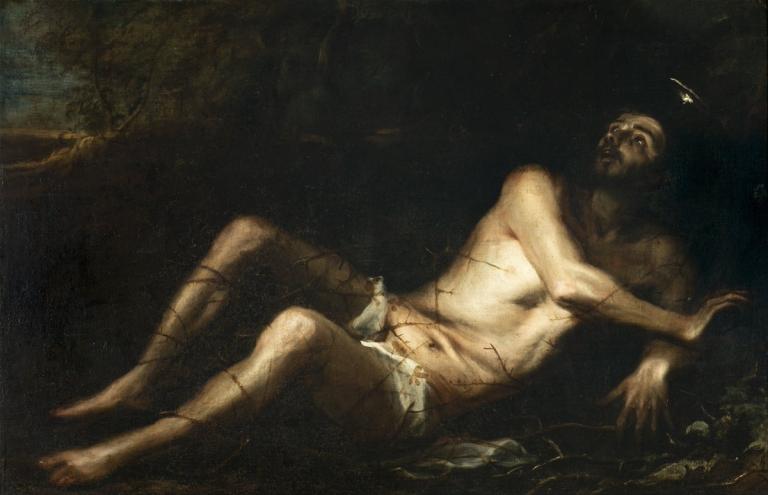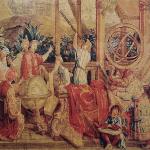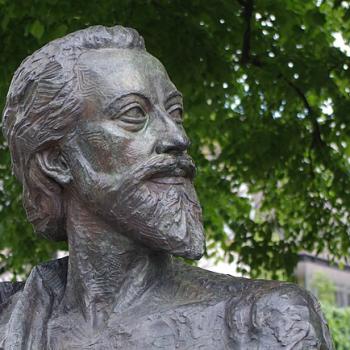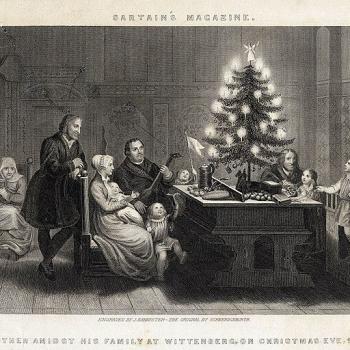
by Mateo Cerezo
(1662-1664)
Many years ago I ran across a book describing a visit to Japan sometime before the second world war. I don’t recall a lot about it. Except, that is, for one thing. The writer described encountering a small Buddhist society whose members were following an adaptation of the rule of St Francis.
I’ve long since lost the book and have never been able to find anything else about this little band, almost certainly consumed in the fires of that second great war.
But who they might have been, their purpose in gathering, and the work they may have taken on, all haunt me. To this day…
The 4th of October is the feast of St Francis of Assisi. And as my my Christian sisters and brothers celebrate that feast I think about him. I think of those Buddhists who followed his rule. I think about me. And what he brings to my interior life.
Francis has been called the only Christian. Could even be true. Certainly he is one of the most compelling figures in world spiritual history. He was probably more than a little crazy. Something I think important to notice. Perhaps to live fully and truly in this world is to be crazy.
And with that he had courage most of us can barely conceive of. What is it that we, you and I, might be willing to die for? Or, to live fully for?
And along with that, grace. Grace is a term I think we all might profit from considering. How much of our lives come to us the accidents of the world unfolding? What becomes grace for us?
And with that the beauty of possibility. What awaits our surrender into the mystery?
The Sufis speak of madzubs, people crazed with God. For me that term describes the mystery and miracle that was Francis. And with it a bit of an invitation.
With that I find my heart going to his poem the Canticle of the Sun. It appears to have been composed later in the year 1224. The friar was recovering from an illness residing in a small residence built for him by the nuns of the second order. He probably was blind at the time. And with the last lines about sister Death composed shortly before his own death.
I suspect this is his most famous poem. I think it captures the man. And it captures his message, which is a blessing for the world as it is and as it might be. He sings a message into hearts, a message Buddhists, Christians, Muslims, Hindus, Pagans, I think most atheists, well, all of us whatever we call ourselves, might find as a great pointing.
Most high, all powerful, all good Lord! All praise is yours, all glory, all honor, and all blessing. To you, alone, Most High, do they belong. No mortal lips are worthy to pronounce your name.
Be praised, my Lord, through all your creatures, especially through my lord Brother Sun, who brings the day; and you give light through him. And he is beautiful and radiant in all his splendor! Of you, Most High, he bears the likeness.
Be praised, my Lord, through Sister Moon and the stars; in the heavens you have made them, precious and beautiful.
Be praised, my Lord, through Brothers Wind and Air, and clouds and storms, and all the weather, through which you give your creatures sustenance.
Be praised, My Lord, through Sister Water; she is very useful, and humble, and precious, and pure.
Be praised, my Lord, through Brother Fire, through whom you brighten the night. He is beautiful and cheerful, and powerful and strong.
Be praised, my Lord, through our sister Mother Earth, who feeds us and rules us, and produces various fruits with colored flowers and herbs.
Be praised, my Lord, through those who forgive for love of you; through those who endure sickness and trial. Happy those who endure in peace, for by you, Most High, they will be crowned.
Be praised, my Lord, through our Sister Bodily Death, from whose embrace no living person can escape. Woe to those who die in mortal sin! Happy those she finds doing your most holy will. The second death can do no harm to them.
Praise and bless my Lord, and give thanks, and serve him with great humility.













